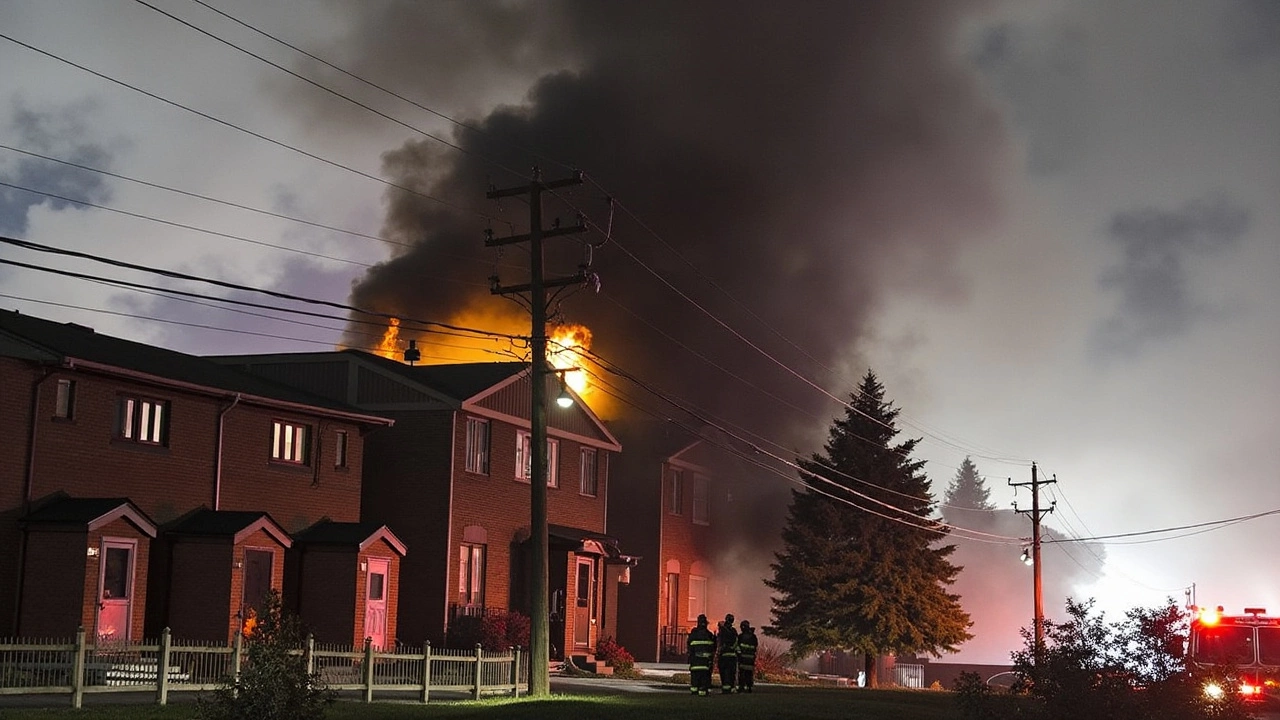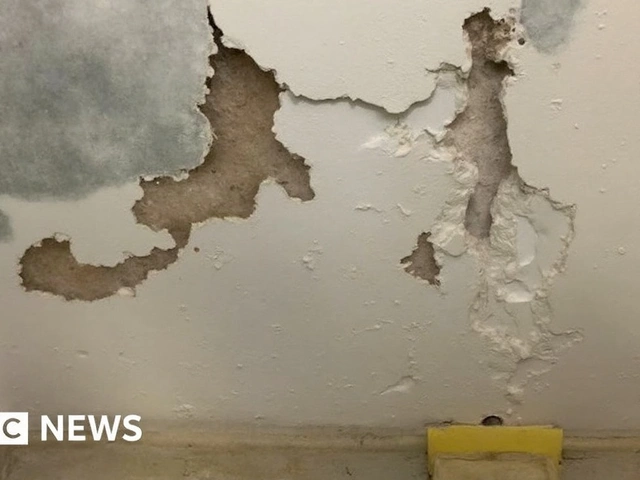Residential Fire Safety: Simple Tips to Keep Your Home Safe
Home fires happen faster than you think, and they can turn a normal night into a nightmare in minutes. The good news is most of them are preventable with a few easy habits. Below you’ll find the most common reasons a house catches fire and the steps you can take every day to lower the risk. Let’s get straight to what matters, so you can protect your family without stressing over complicated rules.
Common Causes of Home Fires
Cooking is the leading cause of residential fires. Leaving a pan unattended, using high heat, or forgetting a towel near the stove can spark a blaze in seconds. Another big culprit is heating equipment—space heaters, electric blankets, and furnaces that aren’t cleaned regularly can overheat and ignite nearby items. Electrical faults, like frayed cords or overloaded outlets, also cause fires, especially in older homes where wiring may be out of date.
People often overlook smoking inside as a fire starter. A lit cigarette tossed on a couch or a mattress can smolder for hours before igniting. Candles, while cozy, pose a risk when placed too close to curtains or left burning unattended. Finally, careless use of appliances—dryers that aren’t vented properly or faulty refrigerators—can produce enough heat to start a fire.
Everyday Actions That Reduce Risk
Start with smoke alarms. Install one in every bedroom, outside each sleeping area, and on every level of the house. Test them monthly and change the batteries at least once a year. A working alarm gives you precious minutes to get out safely.
Keep a fire extinguisher in the kitchen and near any heating equipment. Learn the “PASS” technique—Pull the pin, Aim at the base, Squeeze the handle, and Sweep side to side. Even if a fire is small, having the right tool can stop it before the fire department arrives.
Develop a family escape plan. Pick two exits from each room, practice the route, and designate a meeting spot outside. Make sure kids know how to crawl low under smoke and that they should never go back inside for belongings.
Finally, be mindful of what you plug in. Use surge protectors, don’t overload power strips, and replace any cord that shows wear. Keep flammable items—blankets, curtains, papers—away from heat sources, and clean dryer vents regularly to avoid lint buildup.
These simple checks take just a few minutes each month but can make a huge difference when a fire starts. By staying aware of common hazards and acting early, you’ll lower the chance of a residential fire and keep your home safe for everyone who lives there.
Kieran Lockhart, Feb, 1 2025
Medical Plane Crash in Philadelphia Sparks Devastating Fire in Residential Area
A catastrophic incident took place in a Philadelphia neighborhood as a small medical plane, carrying a child patient and five others, crashed, triggering a massive blaze that engulfed several homes. This tragic event left multiple casualties and prompted quick response from emergency services. The crash site was enveloped in flames, with dense smoke ascending into the sky. Investigators are probing into the cause of this heartbreaking crash.
View More




